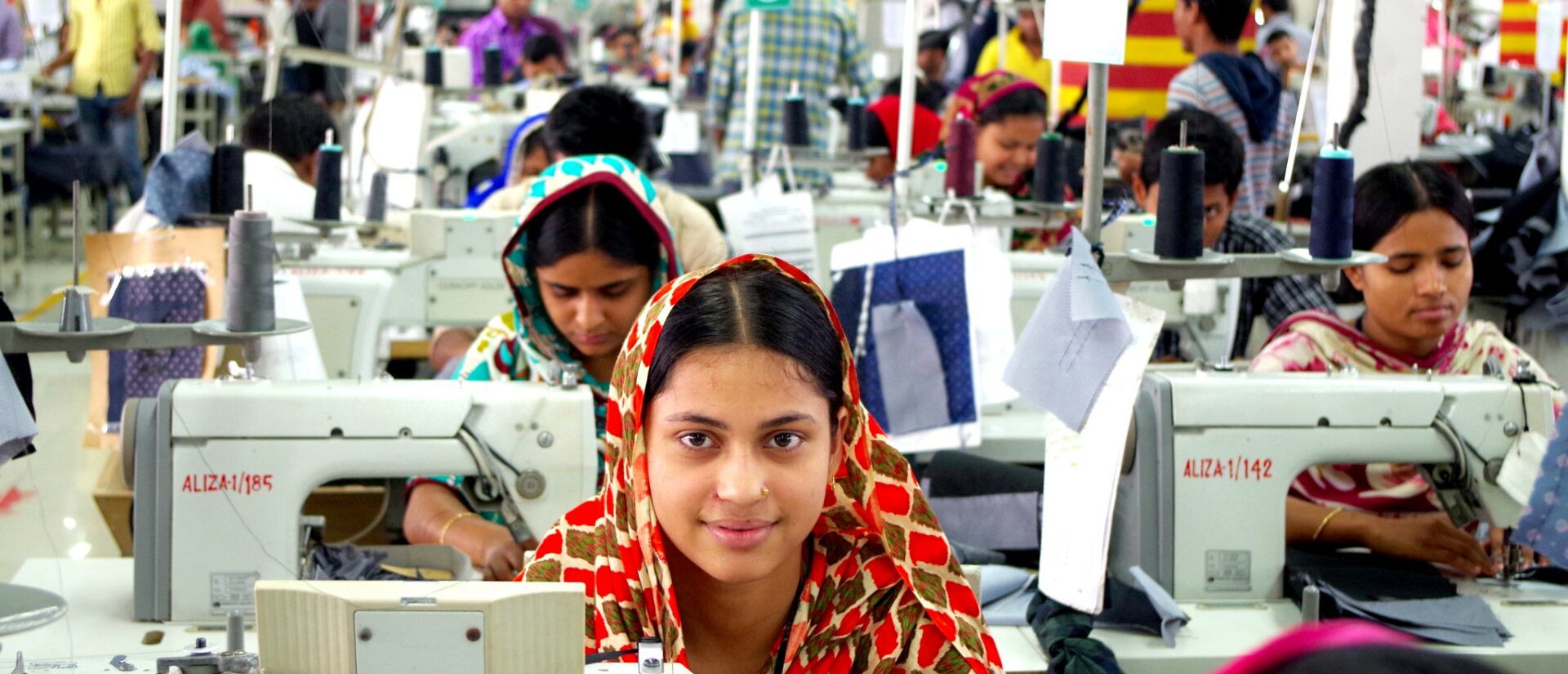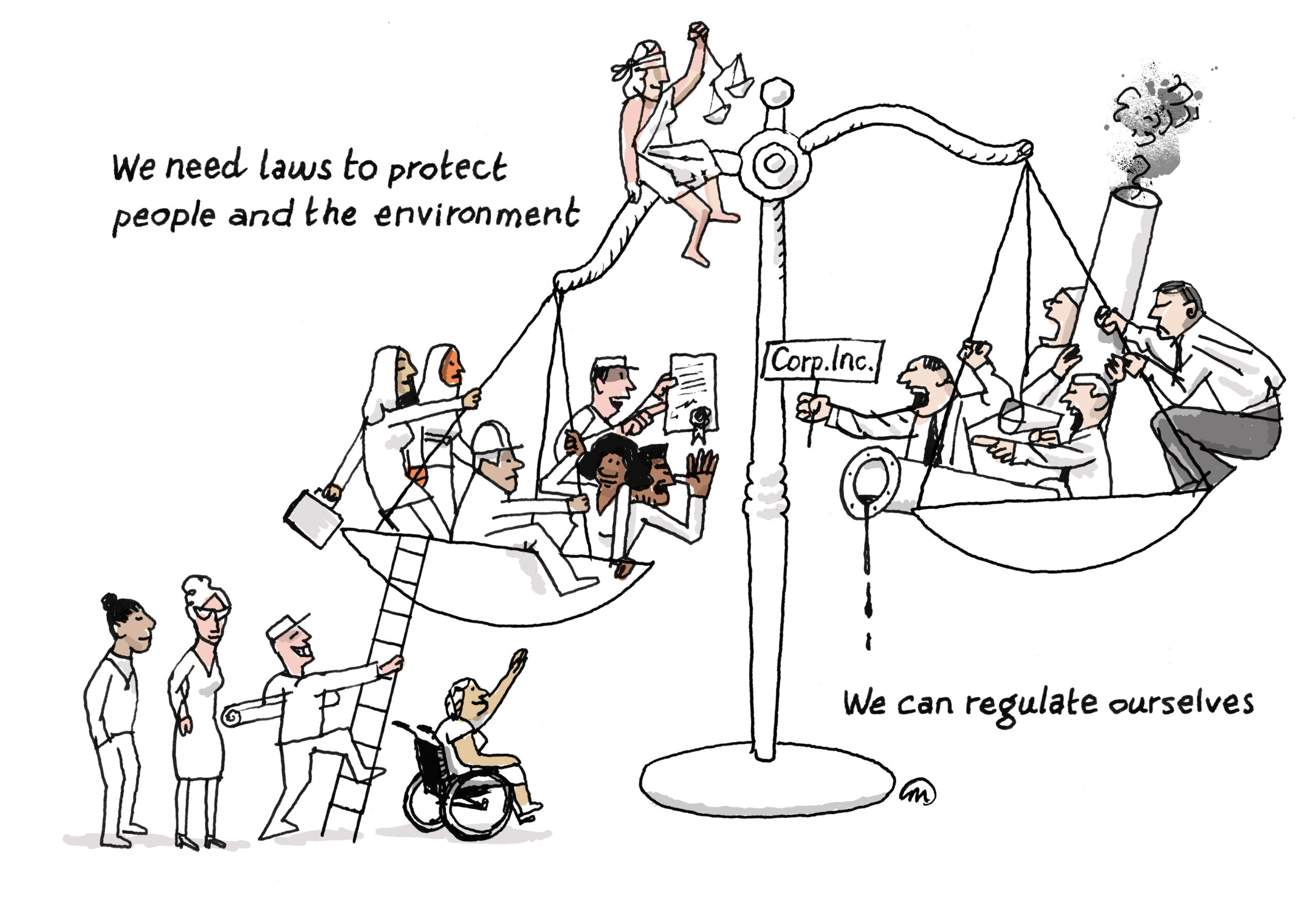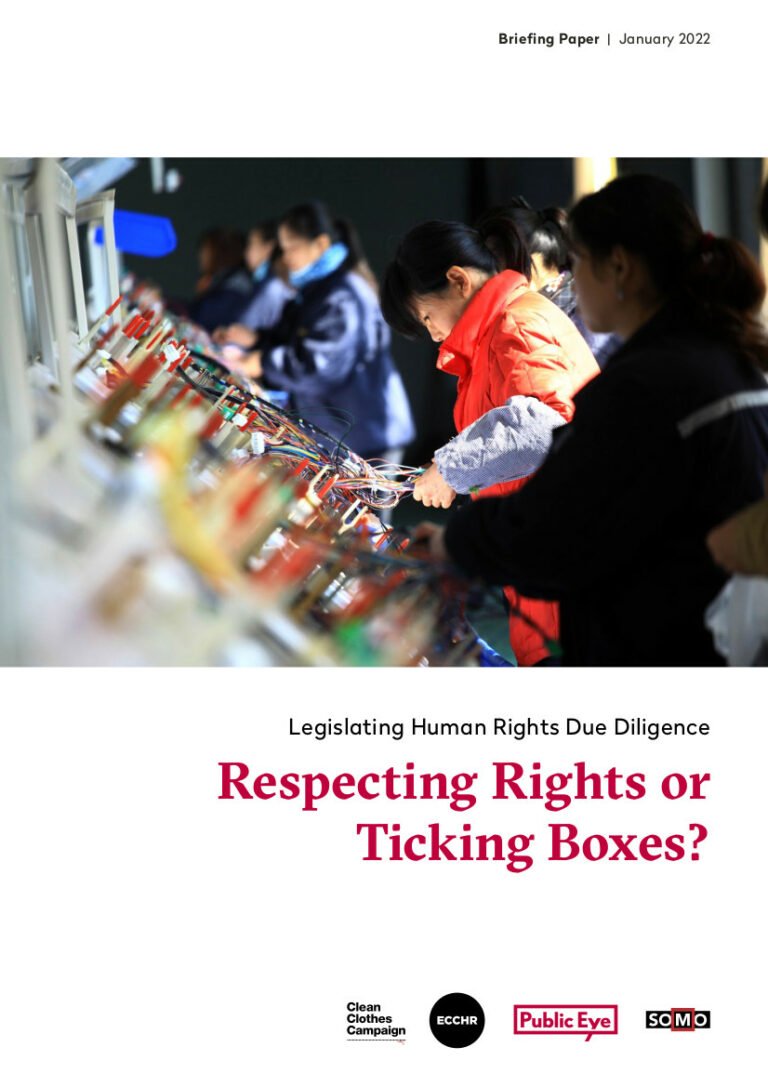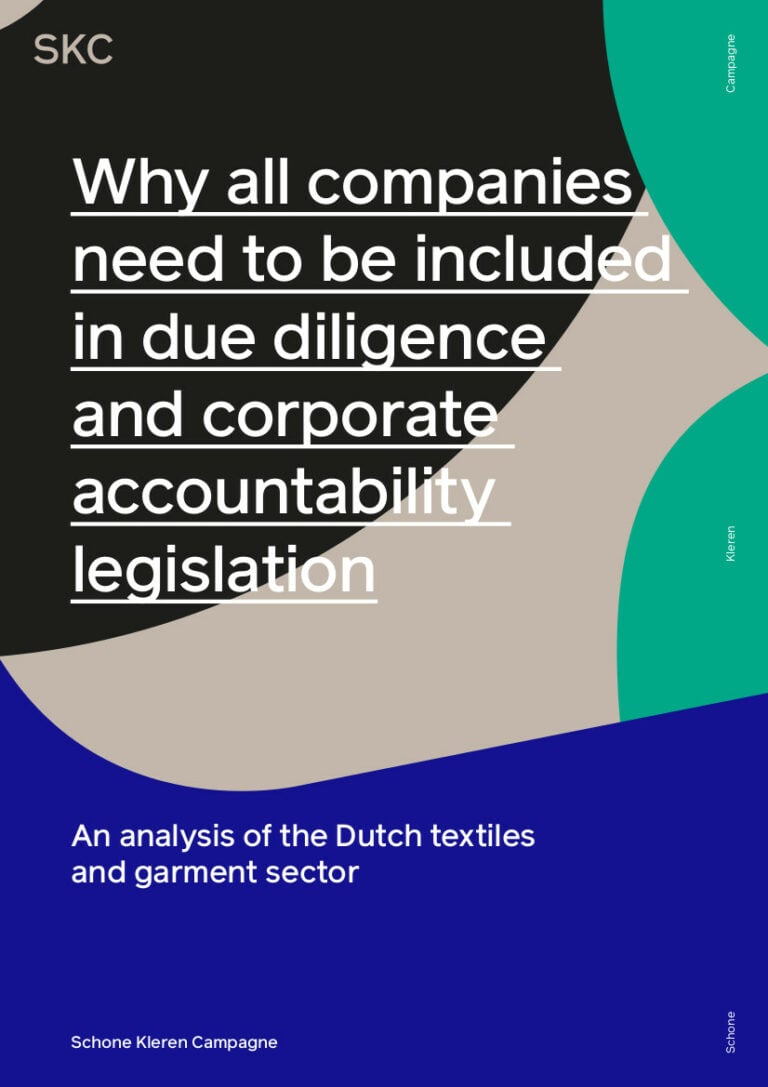
SOMO welcomes game-changing Dutch bill on mandatory due diligence
The ‘Bill on Responsible and Sustainable International Business Conduct’, submitted to the Dutch Parliament on Tuesday by six Dutch political parties is set to be a game changer in the field of corporate accountability. SOMO welcomes the submission of the bill, which, if passed, will oblige companies to conduct business with respect for human rights, the environment, and the climate. It also improves access to remedy and justice for the victims of business-related abuse.
There are several aspects of the bill that SOMO finds particularly important and that give the bill the potential to have a significant impact in improving working conditions, respect for human rights and the environment, and access to justice in global value chains.
Effective access to remedy and justice
If the new bill is adopted, victims of human rights and environmental abuse – often poor and disenfranchised workers and communities in the Global South – will have better access to justice and remedy. The bill provides for multiple new avenues for seeking remedy and justice by way of administrative, civil, and criminal liability regimes. Companies have a duty to remediate or enable remediation of harms they cause or to which they contribute. If they fail to do so, they are subject to an administrative penalty that accrues each day that the company remains in breach of its duty. In addition, individuals or organizations seeking to protect human rights and the environment that consider that a company has caused harm as a result of its failure to comply with its due diligence obligations can file suit in civil court to hold the company liable for that harm. Finally, the bill contains a provision on criminal liability for “economic offenses” committed by corporate board members responsible for repeated breaches of the law.
Full value chain and downstream impacts in scope
The bill obligates companies to identify and address negative impacts in their own operations and throughout their value chains. This includes impacts caused by their business relationships along the full value chain, both upstream (e.g. suppliers, producers of raw materials, and manufacturers of components) as well as downstream (e.g. customers and clients).

Climate change and harmful climate impacts
Issues covered by the new bill range from restriction of fundamental labour rights such as freedom of association and collective bargaining, to forced and child labour, to occupational health and safety and harms to the environment and animal welfare. Importantly, the proposal explicitly covers “climate change”, meaning that companies are required to prevent harmful climate impacts and remediating climate harm. In addition, companies are required to develop a “climate plan” to lay out a path to reduce greenhouse gas emissions throughout their value chains.
Financial sector in scope
The bill covers all types of financial sector companies, including banks, investors, and pension funds. Companies providing financial products and services have the same obligation to conduct due diligence and address risks and impacts in their value chains as other companies.
Responsible disengagement
The proposal clearly indicates that if a company’s efforts to convince a business partner to prevent or mitigate harmful impacts are unsuccessful, the company should disengage responsibly from the relationship. Importantly, the bill specifies that responsible disengagement means that when exiting a relationship or situation, companies must identify and prevent or mitigate adverse impacts associated with the disengagement itself and remediate past harms the company caused or contributed to; cutting and running is a breach of the due diligence duty. The responsible exit provision also applies to disengagement for other reasons such as a government change to an oppressive or abusive regime in which the company cannot justify remaining, a context of armed conflict, economic or business decision, etc. In each of these cases, companies must disengage responsibly, with respect for human and labour rights and the environment.
Dynamic, not static, responsibility
The bill recognises that a company’s relationship to an adverse impact, and its responsibility to address it, can shift over time depending on the adequacy and effectiveness of the company’s due diligence. This means that if a company is unsuccessful in convincing a business partner to stop harmful behaviour, but nonetheless decides to stay in the relationship, it may, over time, be considered to be contributing to the impact, not merely linked to it.
Collaboration possible, but companies remain individually responsible for due diligence
Companies can collaborate in conducting due diligence, for example through multi-stakeholder initiatives or industry schemes. However, the bill is crystal clear about the individual responsibility of each company for addressing risks and impacts throughout its value chain.
Do you need more information?
-

Joseph Wilde-Ramsing
Advocacy Director
Related content
-
EU and UN instruments must work in tandem to guarantee justicePosted in category:Published on:Statement
-
Respecting rights or ticking boxes? Published on:
 Joseph Wilde-RamsingPosted in category:Publication
Joseph Wilde-RamsingPosted in category:Publication Joseph Wilde-Ramsing
Joseph Wilde-Ramsing
-
Why all companies need to be included in due diligence and corporate accountability legislation Published on:
 Sanne van der WalPosted in category:Publication
Sanne van der WalPosted in category:Publication Sanne van der Wal
Sanne van der Wal
-
The Shell climate verdict: a major win for mandatory due diligence and corporate accountabilityPosted in category:Opinion
 Joseph Wilde-RamsingPublished on:
Joseph Wilde-RamsingPublished on: Joseph Wilde-Ramsing
Joseph Wilde-Ramsing -
 Debating mandatory human rights due diligence legislation: a reality checkPosted in category:NewsPublished on:
Debating mandatory human rights due diligence legislation: a reality checkPosted in category:NewsPublished on: -
Four things you should know about the Netherlands’ new law to eliminate child labourPublished on:Posted in category:Opinion

